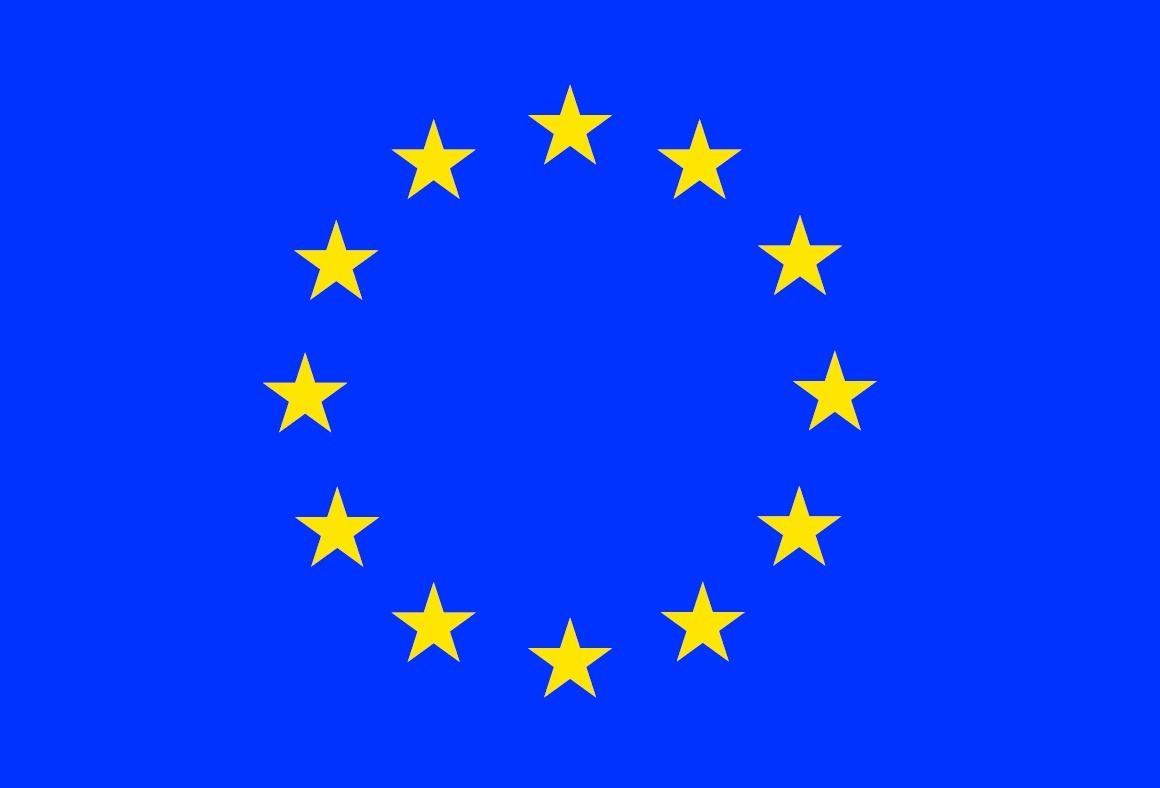 Knowledge for INtegration Governance
Knowledge for INtegration Governance
Research project co-funded by the European Commission – DG Home Affairs, under the action
HOME/2012-2013/EIFX/CA/CFP/4000004268

Project Coordinator:
Ismu Foundation
Partners:
Fondazione Cariplo
Fundació “la Caixa”
Institut de Recherche, Formation et Action sur les Migrations (IRFAM)
Ministry of Justice, for Integration and Europe of the State of Hessen
Duration:
The project has a duration of two years, from 15 September 2013 to 14 March 2015.
Recipients:
European, national and local institutions; researchers; civil society.
Objective:
The KING project’s objective is to elaborate a report on the state of play of migrant integration in Europe through an interdisciplinary approach and to provide decision- and policy-makers with evidence-based recommendations on the design of migrant integration-related policies and on the way they should be articulated between different policy-making levels of governance.
To this end, a truly interdisciplinary approach has been adopted. Indeed, migrant integration is a multi-faceted process. Thus, the contribution of the insights offered by different disciplines is essential in order better to grasp the various aspects of the presence of migrants in European societies at national and sub-national levels, and, ultimately, the very meaning of integration. The presence of experts from seven different disciplines – EU Law and Policy, Political Science, Public Administration, Social Science, Applied Social Studies, Economics, Demography – ensures the comprehensiveness of the picture concerning migrant integration resulting from the research produced by KING.
The ultimate goal of the KING project is to provide evidence-based policy recommendations on how to govern the manifold aspects of migrant integration at all levels of governance and across the different policy fields in order fully to realise the potential that migration represents for European societies.
For a complete overview of the project’s objective and implementation, please consult the website of the project: www.king.ismu.org
Roles and tasks:
The KING project relies on the close cooperation and support of an Advisory Board and a Steering Group. The Advisory Board and the Steering Group jointly define the major research axis and the scientific content of the research.
The Advisory Board comprises expert specialists from the seven disciplines covered by the KING project, including both academics and policy-makers. Each Advisory Board member is in charge of the research to be conducted in his or her discipline of expertise and has chosen and coordinates a team of three to four researchers, also expert in their fields, who are assigned a range of topics to cover. The Advisory Board Members are:
– Gian Carlo Blangiardo: Demography
– Martin Kahanec: Economics
– Walter Kindermann: Public Administration
– Alberto Martinelli: Political Science
– Yves Pascouau: EU Policy
– Rinus Penninx: Social Science
– Jenny Phillimore : Applied Social Studies
– Alessandra Venturini: Economics (co-member)
The Steering Group supervises the project’s implementation phases and elaborates the related documents and research outputs, ensuring the effective development of a dialogue between the different disciplines in involved in the project. It comprises senior researchers from the ISMU Foundation, the KING project coordinator, and representatives of the projects’ partners. The Steering Group members are:
– Guia Gilardoni, Coordinator, Ismu Foundation
– Daniela Carrillo, Co-coordinator, Ismu Foundation
– Marina D’Odorico, Co-coordinator, Ismu Foundation
– Veronica Riniolo, Ismu Foundation
– Pierre Georges Van Wolleghem, Ismu Foundation
– Giulia Mezzetti, Ismu Foundation
– Ingrid Wilkens, State of Hessen
– Patricia Frias, Fondazione Cariplo
– Altay Manço, IRFAM
Phases:
1) October 2013
Framing of the projects’ objective and realization; formation of the research teams for each discipline.
2) November-December 2013
First phase of the research: Desk Research. Review and theoretical analysis of the most recent literature in each discipline, presented in papers written by each research team.
3) January-March 2014
Brainstorming session Workshop with the participation of the Advisory Board, the members of all research teams and the Steering Group for the compilation of the Desk Research results; elaboration of Mid-term results and drafting of policy recommendations by the Steering Group – see the document Common Basic Principles for Immigrant Integration Policies: Evidence and Recommendations from the KING Project and the Midterm Executive Summary.
4) April-June 2014
Second phase of the research: Empirical Deepening. Quantitative and qualitative anlysis carried out by the research teams on the basis of the results of the Desk Research.
5) July-September 2014
Elaboration of the results of the second phase of preliminary drafting of the Final Report of the Project by the Steering Group.
6) November 2014
Presentation of the research results at the Metropolis 2014 International Conference, organized by the ISMU Foundation – Milan, 3-7 November 2014 (www.metropolis2014.eu).
7) November-December 2014
Final drafting of the Final Report of the research by the Steering Group.
8) January-March 2015
Dissemination: presentation of the definitive results and of the Final Report at the projects’ closing conference, taking place in Barcelona in January 2015.
Role of the Ismu Foundation:
Coordination of all the project activities e drafting of summaries and reports in close collaboration with the Advisory Board, the European Commission – DG Home Affairs e the project Partners.
Desk Research:
20 papers e 7 overview papers.
Mid-term results:
– Common Basic Principles for Immigrant Integration Policies: Evidence and Recommendations from the KING Project;
– Midterm Executive Summary.
Empirical deepening
Final results:
– Final Report;
– Final Report Executive Summary.
Download the project’s papers and reports on the project website
www.king.ismu.org
 English
English